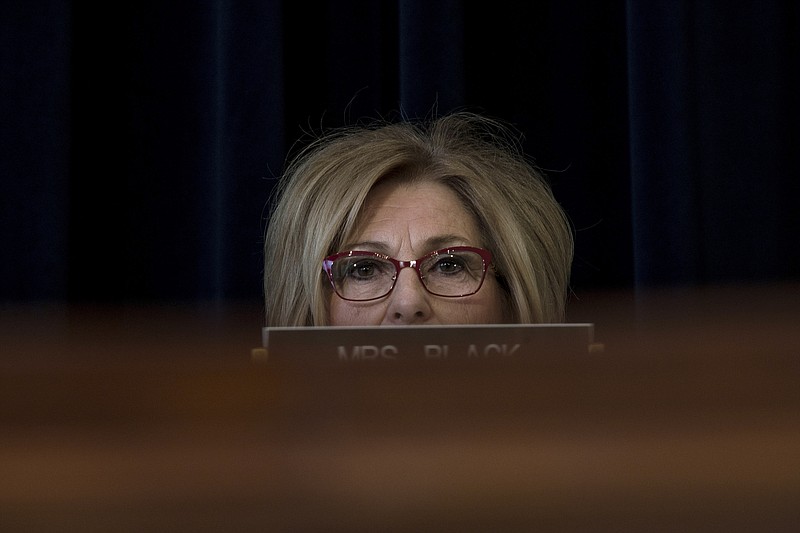Just the other day, as my children and I were sitting in traffic on U.S. 27, stuck behind an old freight truck belching black soot into the air, my daughter exclaimed, "Oh, no, pollution! I don't want to breathe in that smoke."
Even at 4 years old, she understands that the pollution from freight trucks is dangerous for her health. She gets it, but some Tennessee leaders do not. Case in point: Rep. Diane Black.
With her direct encouragement, Environmental Protection Agency Administrator Scott Pruitt might soon finalize a rollback that would re-open a trucking pollution loophole that puts our kids' health at risk.
It's no secret that Chattanooga is a transportation hub, with several major interstates (I-24, I-59, and I-75) running through our town. This, along with our close proximity to even bigger hubs in our region means our roads see their fair share of heavy-duty trucks.
And while Chattanooga's polluted past is all but fading in the rear-view mirror, let's not forget that we were once dubbed the nation's dirtiest city in 1969. We owe our cleaner air, in part, to stronger pollution standards and improvements in technology that make our cars cleaner.
This progress benefits everyone's health, but especially the health of the most vulnerable members of our communities-our children, the elderly, and the almost 450,000 Tennesseans living with asthma.
Yet despite our progress, Rep. Black and the EPA, under Scott Pruitt's leadership, are pushing hard for an exemption that allows for the sale of super-polluting "glider" trucks.
These trucks take old, dirty engines and put them back on the road in new truck bodies-without any of the modern pollution controls that all other new freight trucks have to use. Government testing found that "gliders" can emit as much as 450 times more particulate matter, commonly known as soot, than modern, new freight trucks-pollution that causes asthma attacks and harms young lungs.
So why then is Rep. Black advocating that the EPA re-open a loophole that allows for the sale of these dirty trucks without any modern pollution controls?
Maybe it's because Rep. Black has received $225,000 in campaign contributions from Fitzgerald Glider Kits, a Crossville-based company poised to profit from this loophole, including related entities, executives and individuals.
Meanwhile, experts at Tennessee Tech University are now questioning the methodology and accuracy of a study it produced that downplayed the pollution impacts of glider trucks. The Fitzgerald-funded study has prompted an internal research misconduct investigation at Tennessee Tech, a faculty Senate resolution, and protests on campus. TTU's president recently wrote Rep. Black advising her to not rely on the compromised study. The president had the same message for the EPA, which cited the study in its proposal to re-open the loophole.
It's clear that Rep. Black needs to reconsider her misguided support for super-polluting glider trucks that threaten to undo decades of progress to clean up freight trucks. She is wrong to promote a company that exploits a pollution loophole at the expense of truck dealers who try to follow the rules and protect children's health. I urge her to stand by her youngest constituents' health and reconsider her support for super-polluting "glider" trucks.
Lindsay Pace lives in St. Elmo with her husband and two young children. She is the Tennessee field organizer for Moms Clean Air Force, a national community of more than one million moms and dads fighting air pollution and climate change - of which 22,000 are Tennessee-based members.

